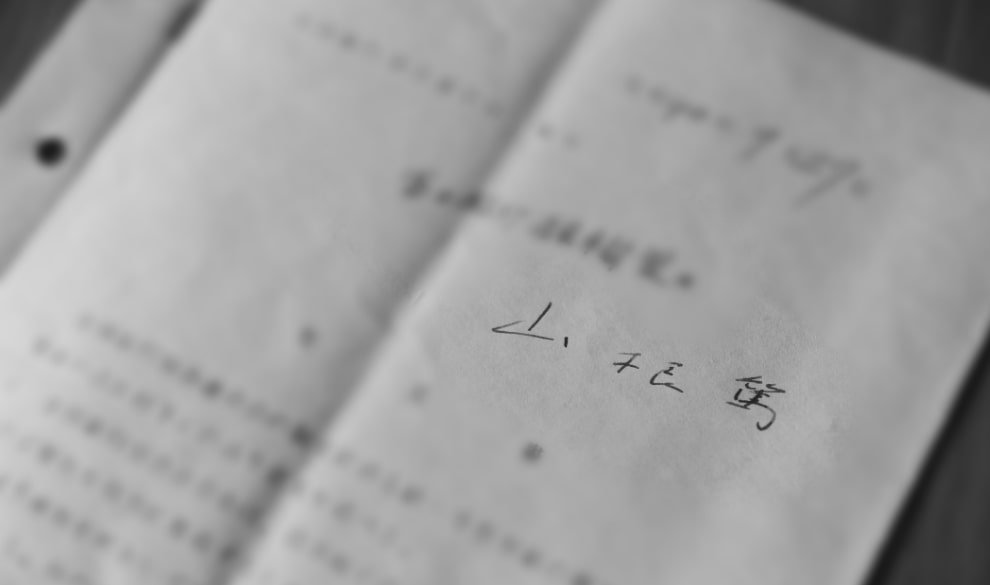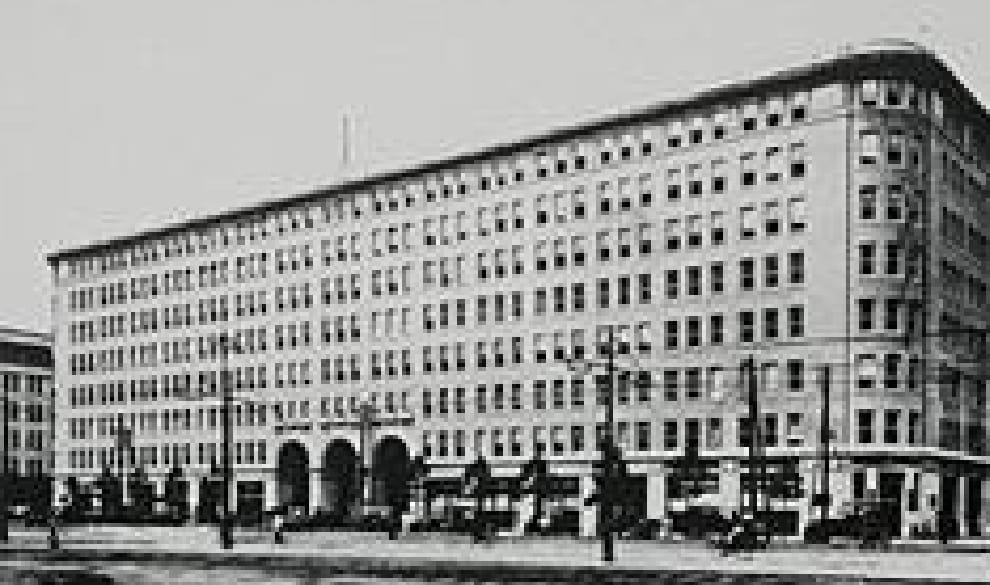Energetic Activities of “Disciple Attorneys”
World War II resulted in devastation and profound crisis in the Japanese economy, the “zaibatsu” conglomerates such as Mitsui and Mitsubishi were broken up, and leaders in the financial and other sectors were dismissed. In such conditions, the Iwata Office also saw reduced business for some time, including fewer lawsuits and legal opinions.
Immediately after the end of World War II, Dr. Iwata served as Minister of Justice and began to devote most of his time and energy to political activity. As a result, he suspended his own practice, (1) and the firm was effectively managed by the “disciple attorneys” he had trained.
Owing to the steady hard work of those attorneys, the firm recovered, keeping pace with the recovery of Japanese economy. The number of mandates for lawsuits, legal opinions and other services significantly increased, and by the early 1950s, the de facto managing attorneys began to hire junior attorneys again. These managing attorneys formed practice groups. Although each practice group worked independently, all of the groups acted jointly in the name of the Iwata Office.
As urban development progressed over the post-war recovery period, the so-called Mitsubishi village, the red brick building district in Marunouchi, was demolished and new and modern office buildings were built on the site. In 1962, the Iwata Office moved to the former Marunouchi Building. The new office at the time had 14 attorneys in total and consisted of 5 practice groups.
Note 1: Dr. Iwata was appointed an imperial nominee to the House of Peers in 1931 and later served concurrently as Cabinet Advisor and Administrative Inspector.



